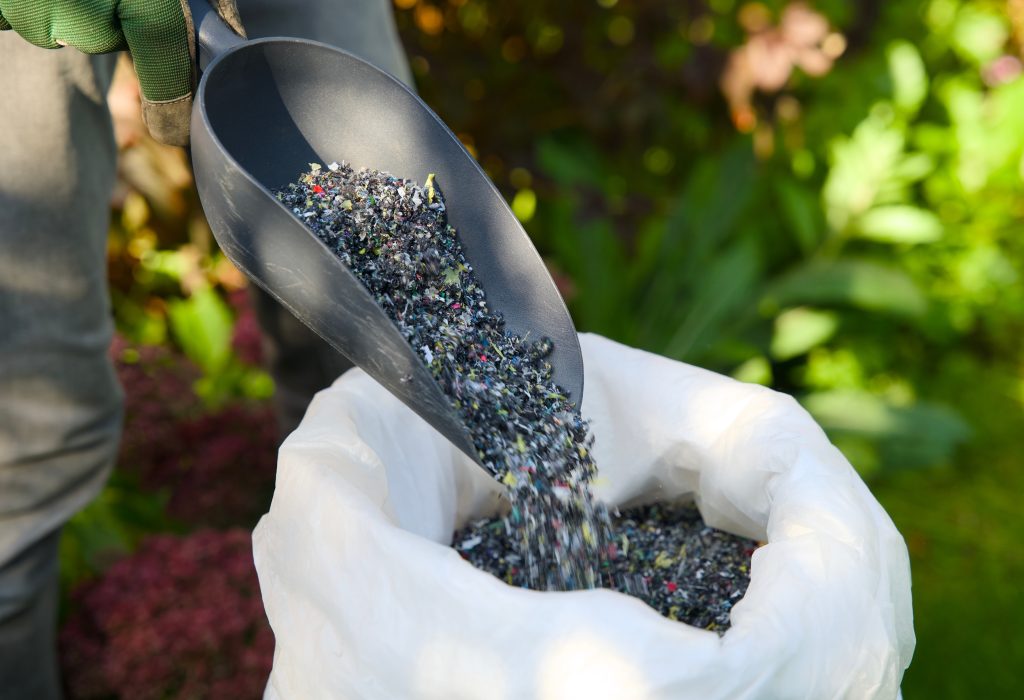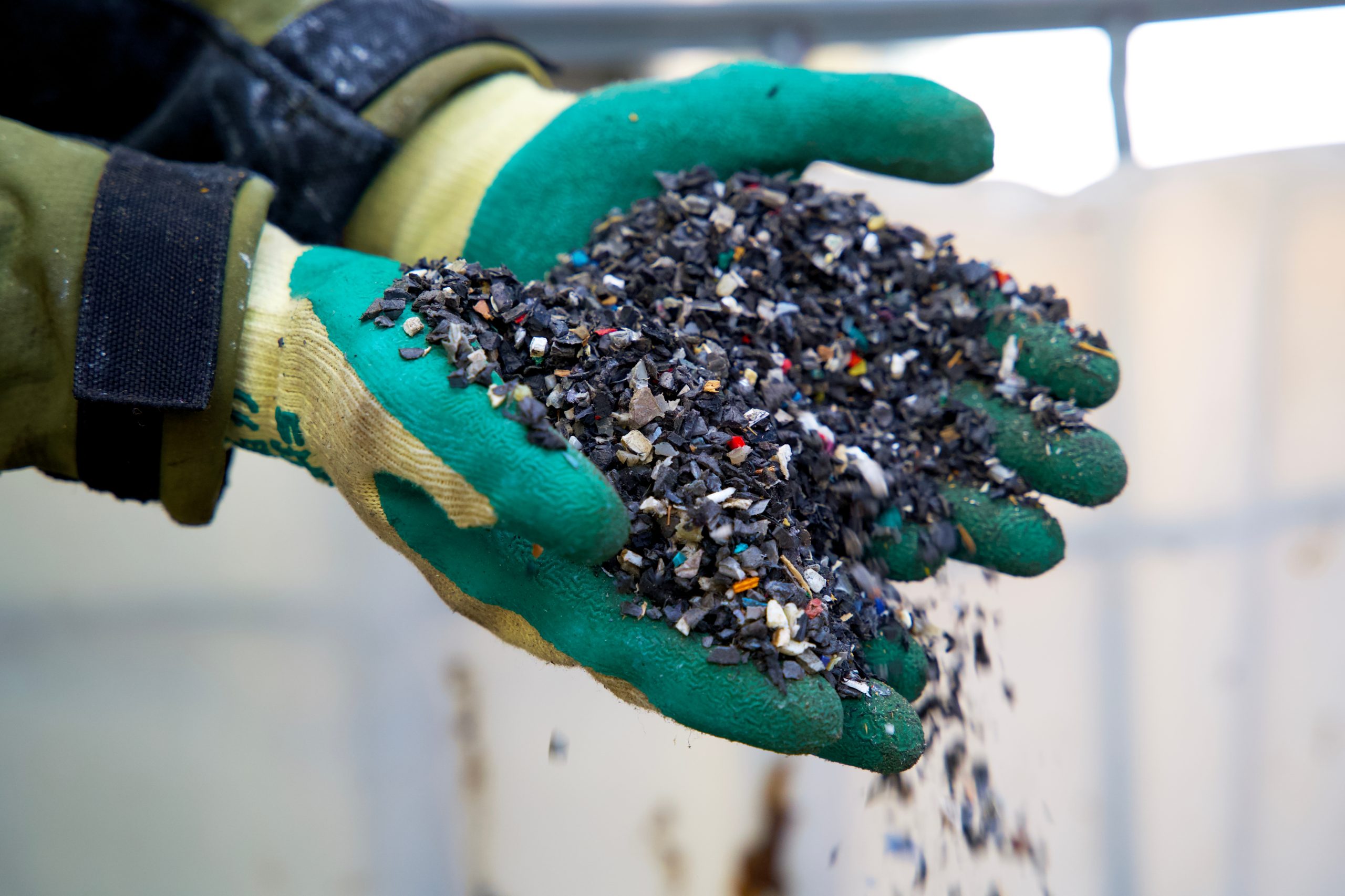As industries increasingly seek sustainable solutions, the demand for effective plastic recycling has never been greater. Choosing the right recycling method can directly impact material quality, compliance with recycled material standards, and your company’s overall sustainability goals. Two main methods dominate the landscape: chemical recycling and mechanical recycling. But which one best suits your business needs?
In this article, we’ll explore how each method works, its key differences, and how to make the right choice.
Understanding the Basics of Recycling Methods
Mechanical recycling is the traditional and most widely used process. It involves physically sorting, cleaning, shredding, melting, and remolding plastic waste into new products. This method is generally more cost-effective and is commonly used for relatively clean, single-polymer streams such as PET bottles or HDPE containers.
Chemical recycling, on the other hand, breaks down plastics into their basic chemical components using chemical reactions like pyrolysis, depolymerization, or gasification. These raw materials can then be reprocessed into high-quality plastic with properties equivalent to virgin material.
Each approach has a distinct role in addressing the plastic waste crisis and improving the circular economy.
Key Differences Between Chemical and Mechanical Recycling
1. Input Material Requirements
Mechanical recycling works best with clean, sorted plastic waste. Contaminated or multi-layered plastics are more difficult to process. Chemical recycling can handle a wider variety of feedstocks, including mixed or contaminated plastics that are unsuitable for mechanical processes.
2. End Product Quality
Mechanical recycling tends to degrade plastic quality over time. Recycled plastics may not meet the same standards as virgin materials, limiting their use in food-grade or medical applications. Chemical recycling, however, yields high-quality plastic that can meet rigorous recycled material standards, making it ideal for sensitive applications.
3. Environmental Impact
Mechanical recycling has a smaller carbon footprint due to its simpler process. Chemical recycling, while effective, is more energy-intensive and may involve the use of solvents or generate emissions, depending on the method used.
4. Cost and Scalability
Mechanical recycling is currently more economical and widely implemented. Chemical recycling technologies are still developing and often require significant investment in infrastructure, making them less accessible for smaller operations, for now.
Advantages and Limitations of Each Method

Mechanical Recycling
Advantages:
- Lower operational and setup costs
- Widely available and well-understood
- Suitable for single-polymer waste streams
- Lower energy use compared to chemical methods
Limitations:
- Declining material quality after multiple recycling cycles
- Limited to certain types of plastics
- Contamination and additives reduce effectiveness
Chemical Recycling
Advantages:
- Produces virgin-quality output that meets strict recycled material standards
- Capable of processing mixed and contaminated waste
- Expands the scope of recyclable plastics
Limitations:
- High energy consumption
- More complex technology and higher costs
- Still emerging in terms of large-scale implementation
How to Choose the Right Method for Your Operations
Deciding between chemical and mechanical recycling depends on several key factors:
- Type of Plastic Waste: Clean, single-stream waste is ideal for mechanical recycling. Mixed or contaminated streams may require chemical methods.
- End Use of Recycled Material: If your business requires high-quality plastic for food-grade packaging or medical devices, chemical recycling may be the better choice.
- Budget and Infrastructure: Mechanical recycling is more accessible for small to mid-sized operations. Chemical recycling may require partnerships or outsourced solutions due to its complexity.
- Sustainability Goals: Evaluate your carbon footprint, waste reduction targets, and compliance with evolving recycled material standards.
Tradepro: Your Partner in Smarter Recycling
Making the right choice in recycled plastic raw materials doesn’t have to be overwhelming. Tradepro specializes in the procurement and distribution of high-quality recycled plastic raw materials tailored to your specific operational needs. Whether you are looking to source mechanically recycled plastics, chemically recycled materials, or enhance your sustainability strategy with reliable recycled content, Tradepro provides:
- Expert consultation on recycled material options
- Access to a broad network of trusted recycled plastic suppliers
- Efficient logistics and distribution solutions
- Quality assurance aligned with industry standards for recycled content and compliance
By partnering with Tradepro, you ensure that your business not only meets but exceeds industry benchmarks for recycled content, sustainability, and operational efficiency. Contact us!

